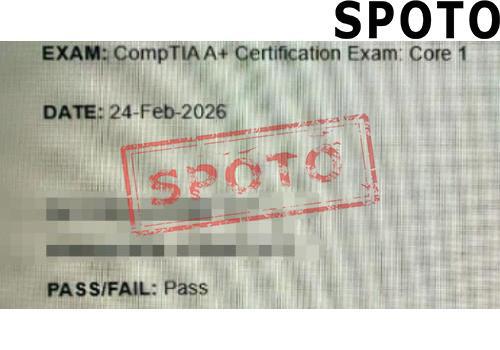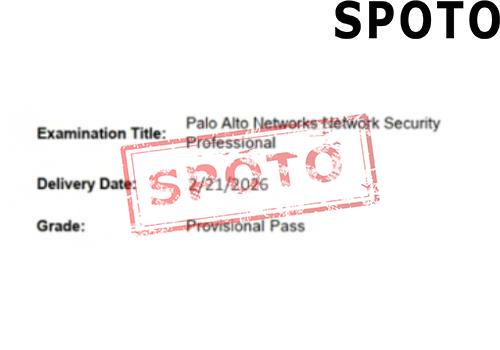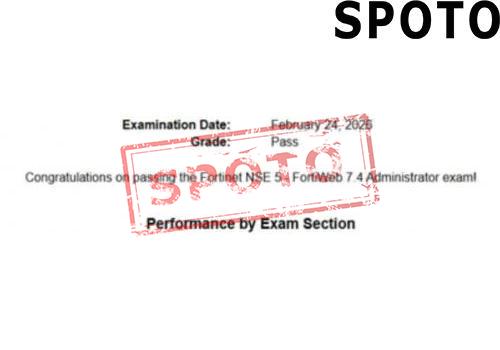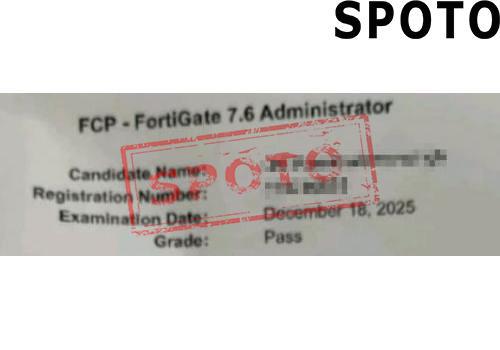
Table of Contents
1. What is CISM certification?
The CISM Certified Information Security Manager) certification is a professional credential awarded by the Information Systems Audit and Control Association (ISACA) that validates IT security managers' abilities to address data breaches and lead, plan, and manage enterprise information security capabilities.
Earning the CISM certification not only demonstrates proficiency in information security but also demonstrates advanced skills and knowledge in integrating security into business objectives. The CISM certification requires not only deep technical knowledge but also emphasizes strategic planning, policy development, and risk management capabilities in information security management. This certification reflects the demand for senior management talent in the information security field and recognizes the comprehensive expertise of these professionals.
While earning the CISM certification requires some time and effort, it can be an effective path to salary and career advancement, particularly for those seeking leadership roles in cybersecurity. According to ISACA, the global association that offers the CISM certification, over 100,000 professionals worldwide have earned it since its launch in 2002. Currently, the CISM is one of the most sought-after workplace certifications.
2. Benefits of CISM certification
If you hold a CISM certification, you gain recognition in your professional field. The CISM certification is an authoritative verification of knowledge and skills in personal information security management. Professionals with the CISM certification are generally regarded as experts in their field.
Specifically, it helps in the following ways: First, the CISM certification can serve as a catalyst for career development, helping professionals obtain higher positions and greater responsibilities in the field of information security management. Second, the preparation process for the CISM exam provides an opportunity to learn and master information security management best practices, which helps to enhance one's professional capabilities. Third, participating in CISM-related training and activities allows professionals to expand their professional network and establish connections with other experts in the industry. Most importantly, the CISM certification can increase your salary. Studies have shown that IT professionals with professional certifications such as CISM tend to earn higher salaries than those without certifications.
Case Study :Zhang Lin – A Stay-at-Home Mom Earns CISM Certification and Embarks on a Side Hustle in Information Security
Zhang Lin, formerly an IT systems operations engineer, quit her job for family reasons to stay home and raise her children for years. As her children grew older and financial pressures mounted, she wanted to re-enter the workforce, but was reluctant to give up her commitment to her family. Through a friend's recommendation, Zhang Lin learned about the long-term potential of the information security field and the high industry recognition of the Certified Information Security Manager (CISM) international certification.
She decided to self-study and revitalize her professional skills. She developed a systematic study plan, spending two hours studying daily in the morning, during lunch breaks, and at night while her children slept. She used materials such as SPOTO question banks, instructional videos, and practice tests. After nearly six months of perseverance, Zhang Lin successfully passed the CISM certification exam.
After receiving her certification, she began listing her services on LinkedIn and domestic tech communities. Through connections, she landed small, remote projects such as information security assessments, account permission reviews, and data compliance guidance. Her clients are primarily startups and small and medium-sized enterprises, which often lack dedicated security personnel but have rigid security compliance requirements. Currently, Zhang Lin takes on an average of one to two projects per month. She plans to gradually expand her side hustle into a flexible, remote main job once her child starts elementary school, and continue to pursue higher-level security certifications (such as CISSP).
3. Is CISM certification worth it?
The CISM certification involves multiple steps, so the obvious question arises: Is it worth it? The answer is yes. A CISM certification can not only boost your salary but also open up new career possibilities. According to ZipRecruiter, the average annual salary for a CISM is approximately $95,000. However, SkillSoft's IT Skills and Salary Report indicates that CISM holders earn an average annual salary of $167,396, ranking it among the top 15 certifications in the IT field. If you're interested in a management position and the high salaries it can command, or if you're hoping to use this certification to pursue a side hustle in business management, such as consulting, earning a CISM certification is an excellent way to demonstrate your expertise and your commitment to your career and ambitions.
4. What skills does CISM certification demonstrate?
This certification is designed to demonstrate your skills in one or more of four areas:
- Information Security Governance (17%): This domain ensures candidates can analyze, plan, and develop information security strategies, including legal, regulatory, and contractual requirements; organizational structure, roles, and responsibilities; governance frameworks and standards; and strategic planning.
- Information Security Risk Management (20%): This domain ensures candidates can analyze and identify information security risks, threats, and vulnerabilities at the management level, including the ability to assess emerging risks and the threat landscape; perform vulnerability, control deficiency, and risk analysis; and conduct risk monitoring and reporting, as well as other risk response tasks.
- Information Security Program (33%): This domain ensures candidates can manage information security programs, including security controls, testing, reporting, and implementation. This domain includes security program resource strategies; asset identification and classification; security policies, procedures, and guidelines; information security metrics; security awareness and training; and external service management.
- Incident Management (30%): This domain ensures candidates can help the organization prepare for and recover from incidents. This domain includes incident response planning; business continuity and disaster recovery planning; business impact analysis; incident management training, testing, and assessments; containment methods; and post-incident review practices.
Case Study:Joe – Former Corporate Mid-Manager Transformed into Freelance Security Consultant, Expanding Career Horizons with CISM
Joe was formerly the Information Director of a manufacturing company, responsible for the daily maintenance of IT systems and equipment management. As the company's informatization increased, compliance and information security issues arose. He encountered information security management at work and, recognizing it as a future trend, began studying CISM in his spare time. A year later, he successfully passed the exam and earned the ISACA CISM certification.
As his professional skills improved, he began providing part-time services to external companies, particularly those in the manufacturing sector, such as establishing information security systems, optimizing internal authority management, and designing emergency response processes. Initially, these services were sought after by a friend's company, but he gradually expanded into full-time security consulting services.
Currently, Joe earns an annual income of 60,000 to 80,000 RMB from his side hustle. He maintains his main job but plans to gradually transition his side hustle into a full-time consulting business. He believes, "CISM is more than just a certification; it's a key to professional transformation."
5. CISM certification for beginners
For beginners , those just starting to prepare for the CISM certification, it's important to understand the pros and cons of the certification to determine whether and how to prepare. The pros are that your skills and expertise will be recognized worldwide, as the CISM certification is ANSI-approved according to ISO/IEC 17024. You'll also join a community of CISM-certified professionals and enjoy greater networking opportunities. The cons are that you'll have to pay both upfront and ongoing fees. In addition to the application and exam registration fees, you'll also need to pay annual maintenance fees. Furthermore, unless you meet the qualified alternative requirements, you'll need at least five years of relevant work experience to qualify.
6. How to prepare for CISM exam
First, you need to prepare for the certification exam. To increase your chances of passing the exam on your first try, we recommend using SPOTO's CISM Certification Question Bank, which contains the latest exam preparation materials. Secondly, once you've passed the exam and accumulated sufficient work experience, you can apply for the CISM certification. The application process is relatively simple, requiring only a one-time $50 application processing fee. It's important to note that to maintain your certification, you must complete at least 120 hours of continuing professional education (CPE) courses within a three-year reporting cycle, with a minimum of 20 hours completed annually. Finally, if you're CISM certified, you're also required to adhere to the CISM Code of Ethics, including paying regular certification maintenance fees.










